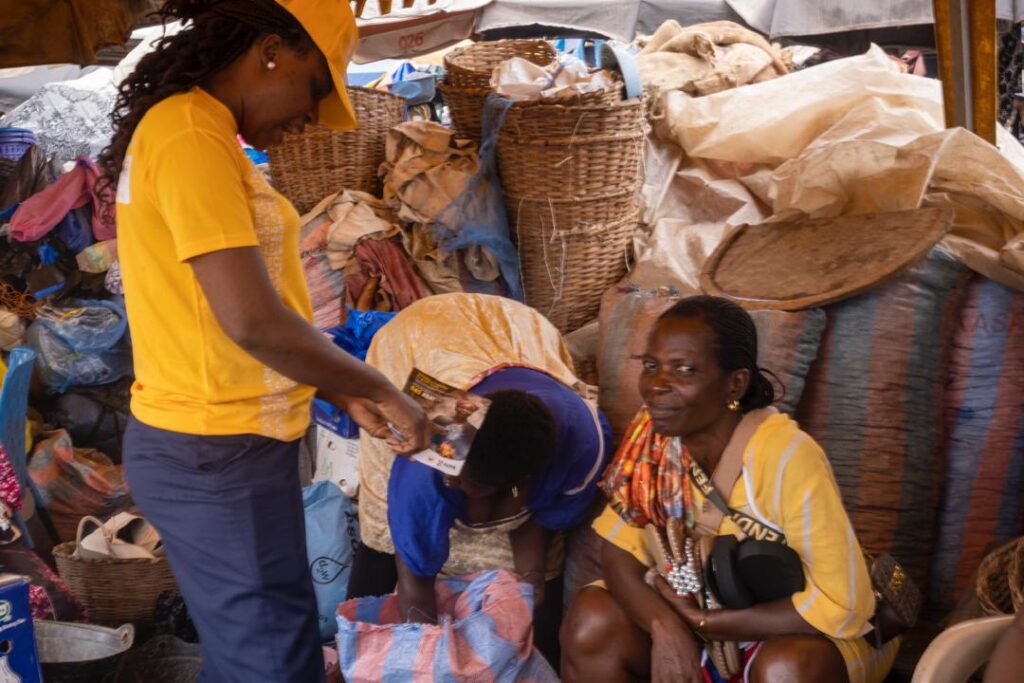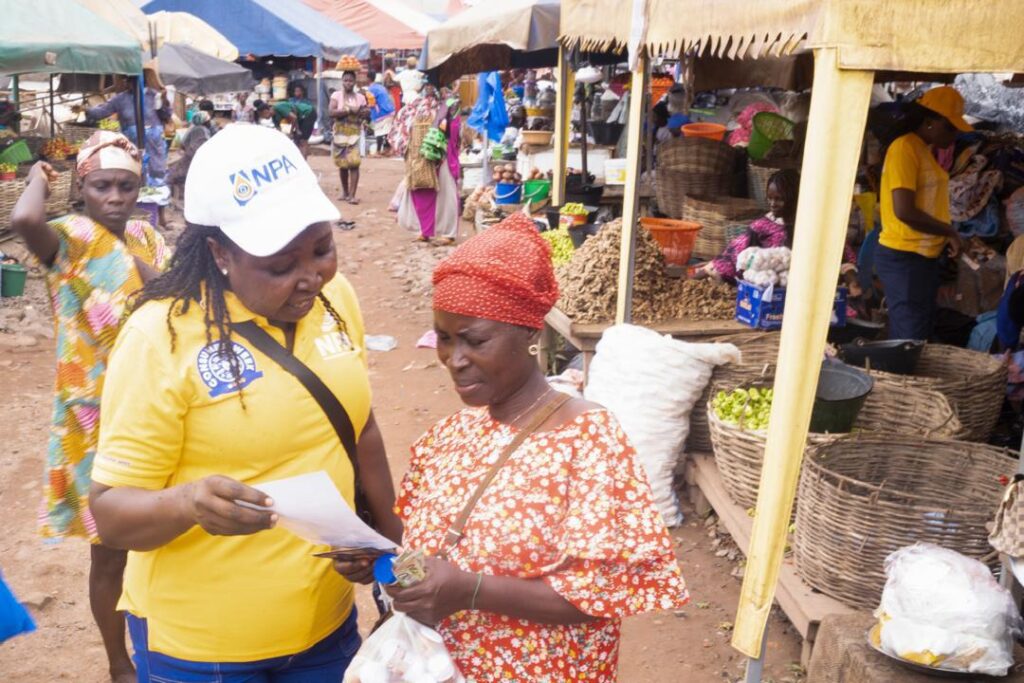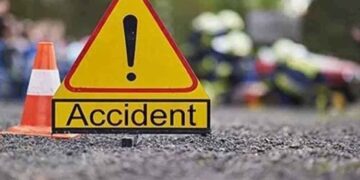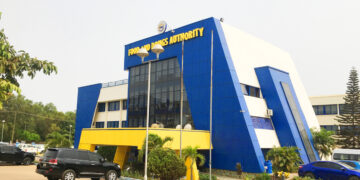The National Petroleum Authority (NPA) has cautioned the public against the dangerous practice of placing stones or other heavy objects on LPG cylinder regulators to stop gas leaks, describing the act as both unsafe and ineffective.
Speaking during an LPG safety sensitization session at the University of Education, Winneba (UEW), Mr. Obed Kraine Boachie, Head of Gas (Commercial Regulation) at the NPA, explained that gas leaks are rarely caused by the regulator itself. Instead, he attributed most leaks to faulty hoses, valves, or worn-out ‘O’ rings.
He stressed the importance of replacing such defective parts with certified components sourced from authorized LPG dealers, noting that improper fixes have contributed to several fire outbreaks across the country.

Mr. Boachie reiterated these safety messages during similar engagements at Holy Child College of Education in Takoradi, as well as the Nursing and Midwifery Training Colleges in Sekondi and Cape Coast, and Cape Coast Technical University.
The sensitization sessions form part of the NPA’s broader LPG safety campaign targeting students, particularly those in training and nursing colleges who often cook off-campus. The initiative aims to empower students to serve as LPG safety ambassadors in their future communities.
In addition to safety tips, the outreach introduced students to the Cylinder Recirculation Model (CRM) and highlighted potential business opportunities within the LPG value chain. Students were encouraged to share LPG safety tips on social media to further promote public awareness.
The events, which were well-attended by students and faculty, included the distribution of LPG safety leaflets and Q\&A sessions to address participants’ concerns.
Mr. Boachie also urged the public to observe proper cylinder handling practices — including transporting LPG cylinders upright, using well-ventilated vehicles, and storing cylinders in open or properly ventilated spaces.
He further advised consumers to regularly check cylinder expiry dates and ensure they are refurbished, recertified, or replaced when necessary.

In a related development, Ms. Eunice Budu Nyarko, Head of Consumer Services at the NPA, encouraged motorists to report suspected fuel station fraud within 48 hours of purchase.
“Timely reporting allows for prompt investigation before the fuel is sold out,” she noted, adding that even reports made after 48 hours would still be investigated, with stations placed under surveillance if necessary.
“The NPA is committed to protecting the interests of consumers, stakeholders, and petroleum service providers,” she affirmed.
The NPA team also engaged traders, hawkers, drivers, and market women at the Takoradi Jubilee Market through one-on-one education sessions and live radio interviews to reinforce LPG safety practices.





































